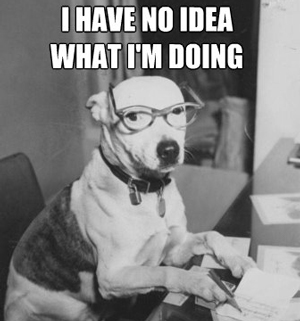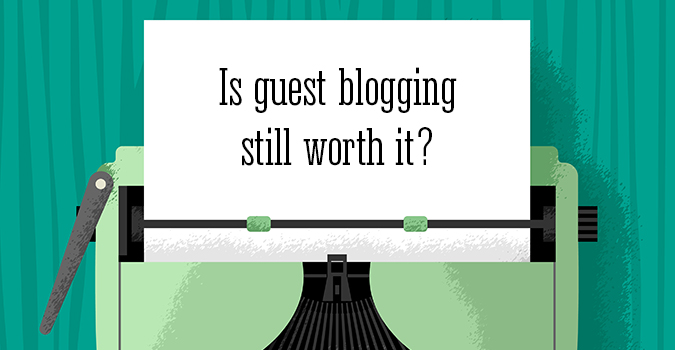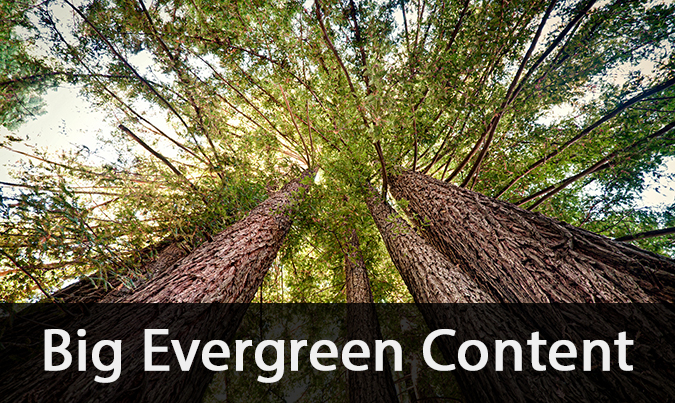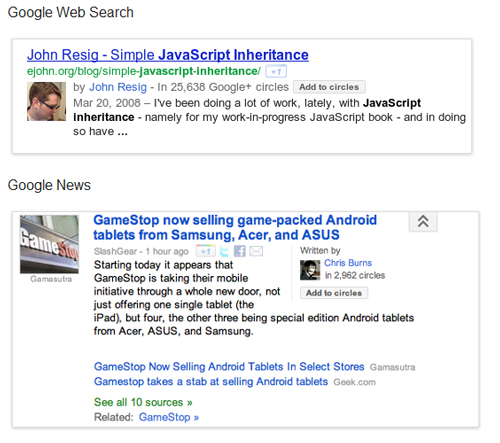The famous and fabled are always reeling off catchy one-liners.
Some of them mean nothing, some are just funny and some are life-altering.
Most of these quotes were concocted prior to the existence of the internet, let alone blogging, but in many ways they’re appropriate as guidelines for online writers in the modern age.
None are steadfast rules but all contain something insightful.
Of course, to become a great blogger, you should come on our Blogging and Content Marketing Training which is ideal for both businesses and individuals.

So without further ado, here are 20 famous (or almost-famous) quotes that have nothing todo with blogging but which every blogger should remember.
Heather Buckley
26 Jul 2013
Update 09/07: Search Engine Land have reported that Google's John Mueller has twice stated that if you are guest blogging for links, then those links should be nofollowed. This is stronger proof than ever that Google considers guest post links a violation of their Webmaster Guidelines and it's a matter of time until we see some sort of 'guest post link penalty'. I think this should be taken with a pinch of salt so you shouldn't rush out and nofollow all your posts, but you should definitely think about the kinds of sites you are writing for and the quality of your content.
Nearly two years since we wrote about guest blogging as the next big thing for SEO and link building, it's time to look at how guest posting has changed, the impact of scaling and whether it's still a valuable SEO technique.
It's important to remember that content marketing is not just guest blogging. Find out exactly what it is on our Content Marketing Course or read our Content Marketing Guide.

Craig Charley
8 Jul 2013
In 2013, most businesses realise the importance of content. That's why so many SEO agencies are repositioning themselves as content agencies, or at least offering it as a primary product. Our Content Marketing courses used to attract mainly bloggers, but since the Panda and Penguin Google updates we have seen a large increase in SEOs wanting to learn about content.
Yet this mass conversion to content brings up some issues - there is too much noise. Most businesses are still stuck in an outdated content strategy - regular, mediocre quality blog posts with little intent. The content is happening, but is it working?
With content at the forefront of so many marketing strategies, it seems at first glance that big businesses have a massive advantage. Whole in-house marketing teams as well as high profile agencies on hand to craft incredible content. How does a small business compete against this with a 1-3 person marketing team?

Big Evergreen Content
The idea for this post was sparked by Hannah Smith's talk at BrightonSEO 'Go Big or Go Home'(excellent write up on State of Search), which prompted me to revisit Dr. Pete's SEOmoz post at the end of last year 'Why Big Content Is Worth the Risk'. Both Hannah and Dr. Pete explain why big content is necessary and how it can help your business stand out in a very crowded world of below par blog posts:
"We all want the low-hanging fruit, but let’s be honest – the low-hanging fruit is rotten, bruised, and covered with the grubby fingerprints of all the other spoiled brats pawing at it."
The consensus of both the talk and the post is that big content takes around 40 hours to produce. Hannah compared this to an average 12 hours for 'small content' but I think that's a huge overestimation for the majority of businesses. James Carson recently alerted Twitter to the existence of a job ad for an agency looking for a Marketing Executive who for £18,000 a year had to write 25 blog posts a day. That's well over 6,000 articles a year on a range of topics, written by somebody with little knowledge about the subject and obviously no research.
With that much noise, it's important to be different to break through, and that's where big content comes in. But I'm going to go a step further and ask you to consider another element - sustainability. Another popular topic at BrightonSEO, and a common phrase in marketing blogs at the moment is Evergreen Content.
In the rest of this post I'm going to try and convince you why your content should be both big and evergreen for the holy grail of content marketing.
Craig Charley
22 Apr 2013
If you write for both a personal and a business blog you need to tailor your approach to suit a different audience or you'll risk losing readers.
If you find yourself writing about your cat's almost human-like facial expressions on your tech business blog more often than you find yourself writing about Apple or Facebook, you ought to read on.

Blogging is an important part of a broader SEO strategy which is why Blogging and Content Marketing Training is included as one of our SEO Training Courses.
These are the main differences between the two styles of blogging and why they are important to remember. Of course there are always exceptions to the rule. If your tech blog readers like cats then you might be on to a winner.
Aaron Charlie
16 Nov 2012
UPDATE JULY 2014: Google has now withrawn authorship photos from SERPs. We still recommend implementing authorship as results will still have a byline and your content will rank better for your Google+ connections.
Google have just announced that they are going to start showing author information in search results. This is great for author awareness and can help Google raise the rankings of pages written by authority figures. It is also great for SEO's who are worried that al the great content they are writing is getting ripped off or assigned to the wrong author!
Even better, Google are replacing 'rel=author' and 'rel=me' tags and are instead automatically linking your Google+ profile to content you have written. All you have to do now is add the URLs of the sites you write for to your Google+ profile, and then when scanning those sites, Google will attribute any posts with your author name to you. Then when those posts appear in search results they will come with a 'Written by' box including a link to your G+ page. It should end up looking like this:

So why the need for this new change when Google first announced author tags last year?
Aaron Charlie
13 Jan 2012